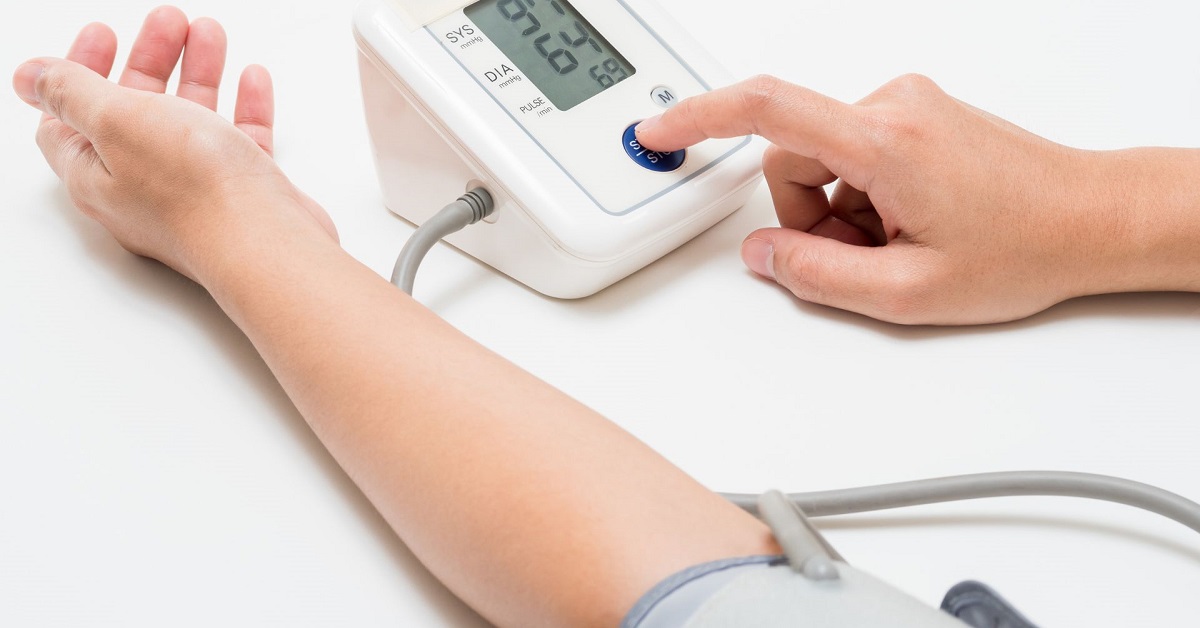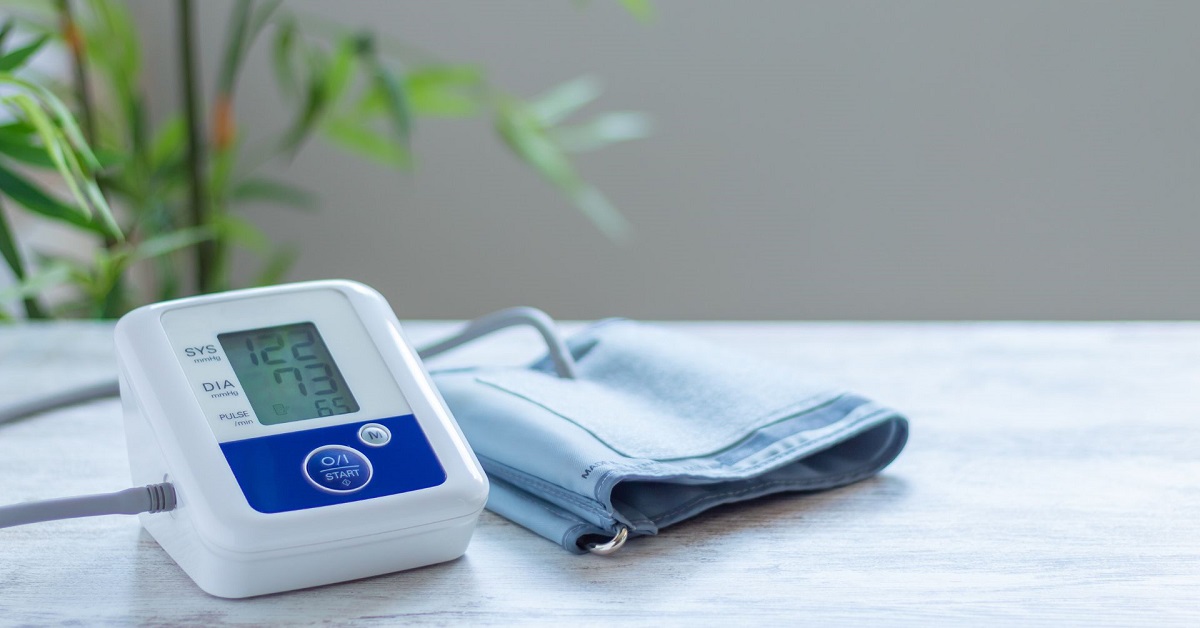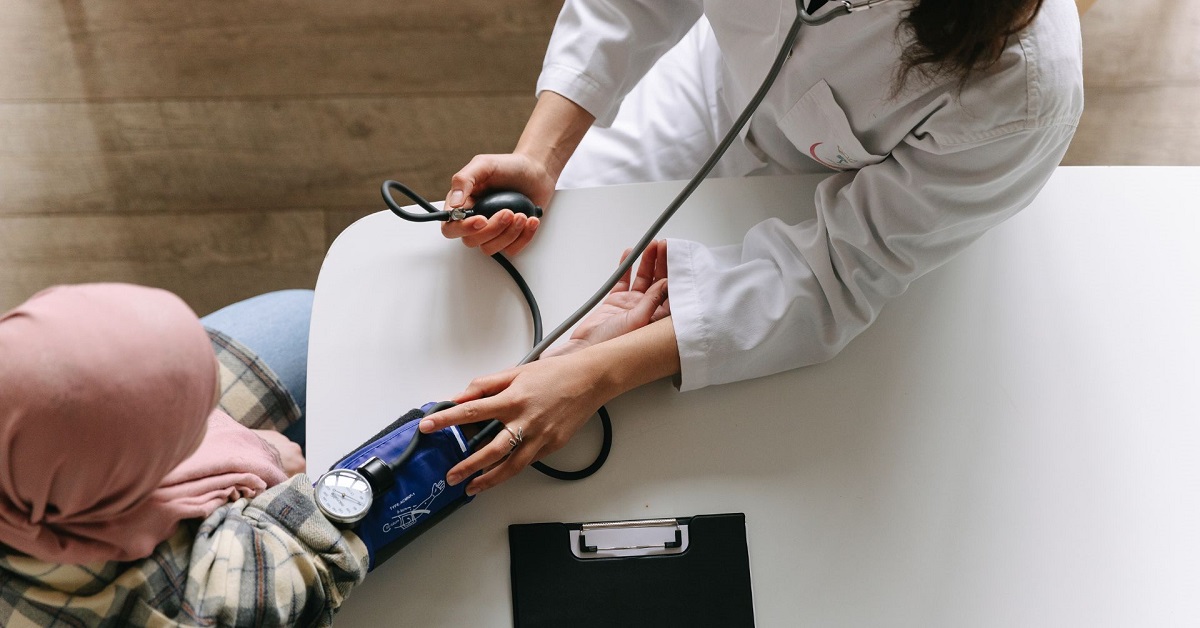
Rarely do the signs of high blood pressure, or hypertension, become apparent. However, if left untreated, it raises your risk of developing catastrophic conditions like strokes and heart attacks. Keep reading to find out why it’s important to get blood pressure testing in Exeter.
What is high blood pressure?
In the UK, one in three persons has high blood pressure, though many do not know it. Having your blood pressure checked is the only method to determine if it is high.
Two numbers are used to record blood pressure. Your heart pumps blood throughout your body at a force known as systolic pressure. This is usually represented by the top number in the readings.
The resistance to blood flow in the arteries is represented by diastolic pressure (lower number). Both of these numbers are expressed in millimetres of mercury (mmHg).
Generally:
– If your blood pressure is 140/90 mmHg or above (or 150/90 mmHg or more if you are over 80), you may have high blood pressure.
– The typical range for ideal blood pressure is 90/60 mmHg to 120/80 mmHg.
Blood pressure readings between 120/80mmHg and 140/90mmHg could indicate that you’re in danger of having high blood pressure. Each person will have a slightly different blood pressure reading. What you see as low or excessive may be normal to another person.

Blood pressure testing
A blood pressure test is the only way to determine if you have high blood pressure. Blood pressure should be monitored at least every five years for all persons over the age of 40. It’s simple to do this, and it can really save your life.
There are several locations where you can get your blood pressure checked, including:
– Your GP’s office as part of your NHS Health Check
– Some pharmacies, such as ours
– Some workplaces
You can also check your own blood pressure using a home blood pressure monitor.
When should you go for blood pressure testing in Exeter?
A good number of doctor’s visits include a standard blood pressure check. High blood pressure screening is an essential part of general healthcare.
How frequently you should get your blood pressure checked depends on your age and overall health.
Individuals aged 18 and over who have normal blood pressure and no risk factors for heart disease should have their blood pressure checked at least once every two to five years.
Those who are 40 years of age or older, as well as individuals who are at an increased risk of high blood pressure, should have their blood pressure checked once a year.
Blood pressure monitoring may be necessary for people with chronic health conditions like heart disease, high blood pressure, or low blood pressure.

Having blood pressure testing
Blood pressure was traditionally measured with a stethoscope, arm cuff, pump, and dial, but currently, automatic equipment with sensors and digital displays is frequently utilised. It’s ideal to sit down for at least five minutes prior to the test with your back supported and your legs uncrossed.
For the cuff to fit around your upper arm, you’ll typically need to roll up your sleeves or take off any long sleeves. While the test is being administered, try to relax and refrain from speaking.
Ambulatory (24-hour) blood pressure monitoring
One blood pressure test result does not always indicate that you have high blood pressure. Blood pressure might change throughout the day. Your blood pressure may also increase if you are anxious or stressed when you visit your doctor. If you have a high reading, you might be requested to take some readings using a 24-hour monitor, which continuously examines your blood pressure all day.
If your blood pressure is consistently high, this will confirm it. This is known as Ambulatory blood pressure monitoring.
Blood pressure testing in elderly people
When tested in a clinic or surgery, the target blood pressure measurement for people over 80 is below 150/90 mmHg. However, at home, it should be below 145/85 mmHg.
If you’re under the age of 80, there are definitely advantages to taking blood pressure medications; however, if you’re above 80, the benefits are less evident. You can safely continue your high blood pressure medication if you are 80 years old, as long as it is still benefiting you and not having any negative side effects.

Risks of high blood pressure
Consistent high blood pressure can raise your risk of developing several serious and perhaps fatal medical conditions, including:
– Heart disease
– Kidney disease
– Heart attacks
– Strokes
– Peripheral arterial disease
– Aortic aneurysms
– Vascular dementia
– Heart failure
If you have high blood pressure, lowering it even slightly will help reduce your risk of developing these conditions.
Contact or visit Luxtons Pharmacy today for blood pressure testing in Exeter.
This blog post was written on behalf of Luxtons Pharmacy by Pharmacy Mentor.
